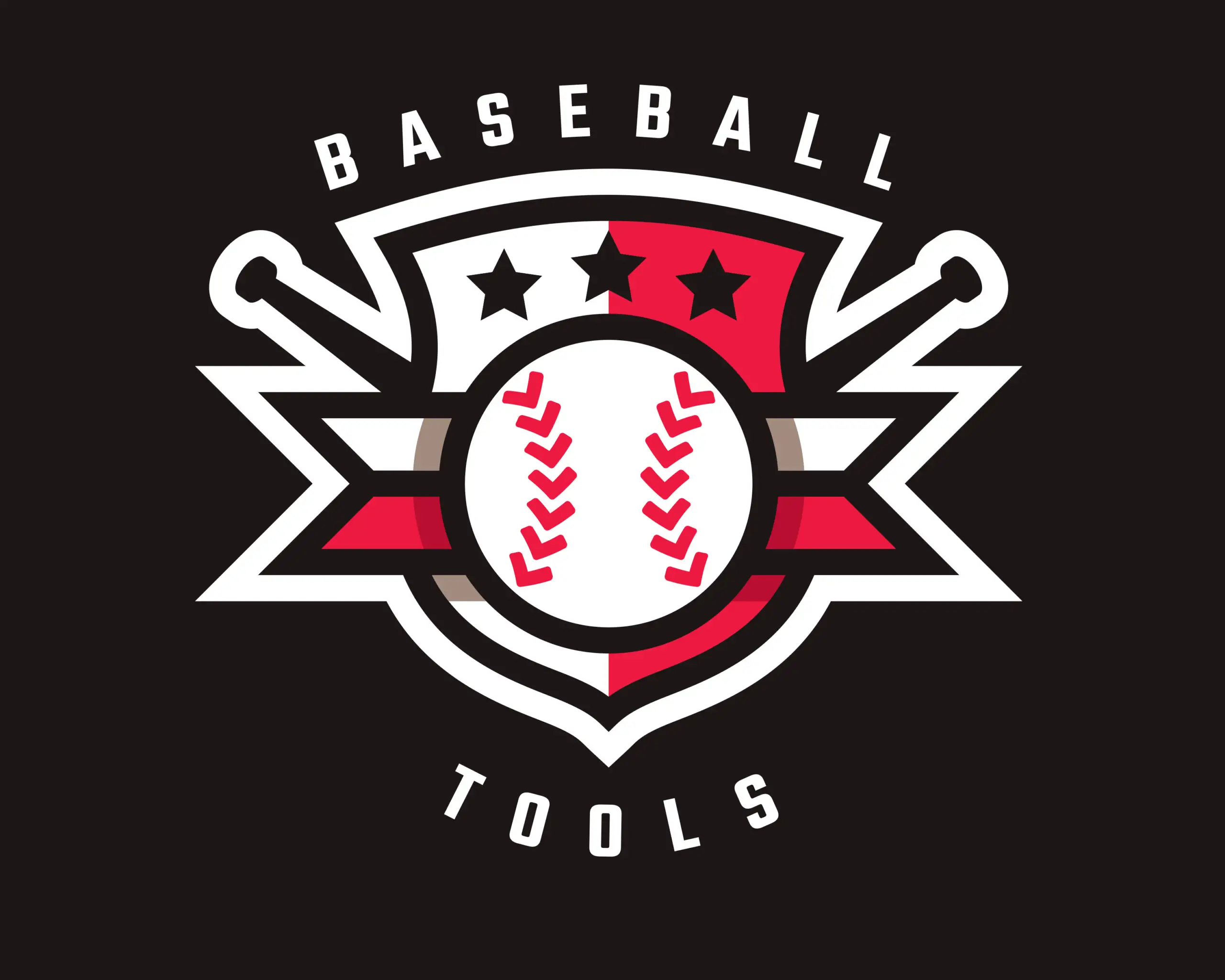Dealing with extreme parents may be the most difficult part of coaching youth baseball. Many coaches get into youth sports so that they can make a difference in the lives of the kids they are coaching. Coaches play an important role in the development of young athletes. Sadly, some youth coaches may give up doing something that they love because dealing with parents is too difficult. This article covers tips and tricks for how to handle parents while coaching baseball.
How to Handle Parents While Coaching Baseball
Communication is Key
Communication is the most important thing to successfully handling parents while coaching baseball. Having clear and open communication will help diffuse most situations before they boil over. You communicate with your spouse, boss, and friends, so why wouldn’t the same work for coach-parent relationships.
Set the Rules
The first thing you want to do before the season even starts is sit down and make a list of the rules and expectations for the team. These should be published in a public place either by a letter to the team or on a team website. Do not leave anything out, be as detailed as possible. Make sure that everything is covered and touched upon so that everyone is aware of what is expected of the players.
Once you have the rules written down it is time to call a meeting with the players and parents. Ideally, the meeting should take place before the season even starts. It is important that everyone is on the same page and that any concerns can be heard and discussed. Make sure that you cover the following areas:
Coaching Philosophy
Let the parents and the players know why you chose to coach. Follow up with the qualities you believe make a great coach. Next, cover your personal coaching style including how you handle critiquing players, building team camaraderie, and the fundamentals that you plan on teaching. Finally, you can finish up your coaching philosophy with your objectives for the season and setting one goal for the players and the team.
Team, Player, and Parent Rules
Everyone should know what is expected from them. Each rule is important and in place for a reason so make sure that every single one is covered in depth. If there are penalties for breaking certain rules, make sure that information is touched upon.
How Positions are Chosen
Give some information about how player positions are chosen. If you plan on rotating positions, so kids get a chance to play every position, let everyone know. Some parents will always expect their child to be the starting pitcher but that might not be how you want to coach. Be up front and honest about how you will be choosing players for each position.
Rules about Playtime
If you plan on sitting a player that is late or misses a practice, make sure that is covered. Making sure the team knows the consequences of missing practice is essential for a successful season. The most important thing is that you stick to it, follow through if the rules are broken.
How Concerns Should be Addressed
Make everyone aware of your preferred means of contact. Make sure that everyone has access to your phone number, email address, website, etc. for getting in touch.
Set some ground rules for bringing up concerns. Under no circumstances should a parent ever confront you at practice or a game. Make it clear that kind of behavior is unacceptable. Likewise, confrontations should never happen in front of players as it lessens your authority.
Lastly, you want to make sure that parents contact you before they are irate. It is always better to diffuse a situation before it worsens. Let them know that you are welcome and open to listening to their concerns. Every suggestion will be heard and considered.
Get Parents Involved
Parents usually want to get involved and you should let them. Getting parents involved is one of the best ways to mitigate potential parent problems. Invite parents to volunteer for a position with the league, give them a job such as team mom, score bookkeeper, or charting hitters. You can also invite overly involved parents to assist in practice. Having the parents involved can usually keep them occupied enough that they will not become problematic. While getting more involved, they may just discover that coaching is not as easy as it looks.
Finally, let everyone know that if they do not agree with how you are going to coach the team, now is the time to try and get moved.
Stick to the Rules
Of all the tips here, this may be the most important one. Be consistent with your rules and disciplinary behavior. Never let a parent or player break the rules and consequences that you have set. Sticking to the policies generates respect for you and the rules. Even one lapse can have parents and players thinking they can break the rules too. Be consistent, stick to the rules.
Listen to Concerns
It is extremely important that you listen to parent concerns. Nothing is more frustrating than when someone doesn’t hear you out. Everyone wants to know that their feedback is being taken seriously. Make every effort to listen to and hear concerns. To be a good coach you must have an open mind. Try and hear concerns, analyze the suggestion and if needed try new things.
Unreasonable Parents
Some parents may just be unreasonable. Parents that choose to confront you in front of players, or at games or practices, should be reminded about the rules. If you find yourself dealing with an irate parent, step back from the situation until you are both much calmer. It is okay to tell them that you will call them tomorrow regarding the issue. Sometimes you just need a small breather to think about how to handle the situation. You and the parent will be much calmer and levelheaded when you speak next.
If you think that things have gone too far for a reasonable resolution, document the confrontation and inform the league.



